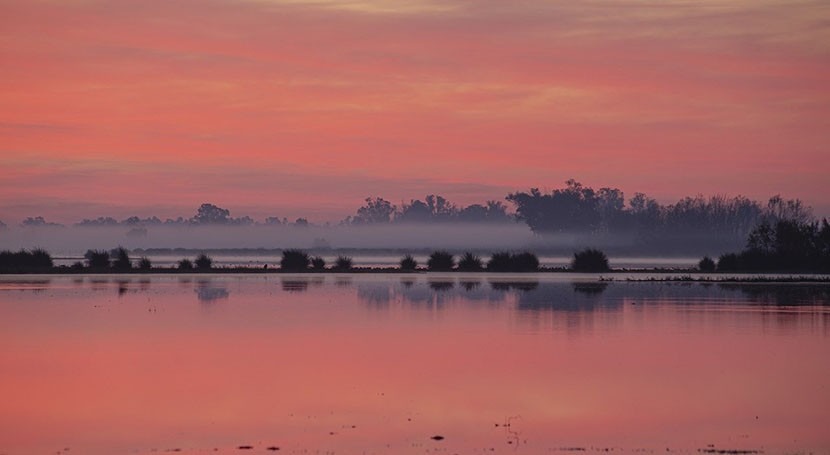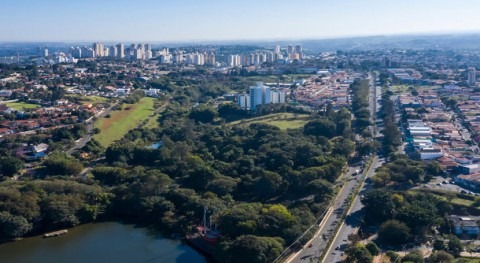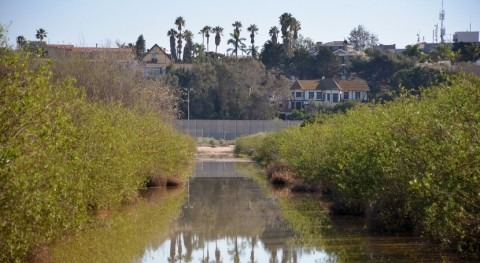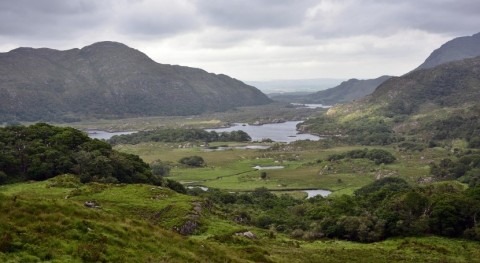Water is a fundamental resource for life but, in Doñana National Park, a vast wetland complex in Spain, it has become a key concern for scientists, activists and citizens. Water issues in Doñana are complex and multifaceted, and require urgent attention to ensure the survival of one of Europe's most unique ecosystems.
A unique wetland
Doñana is a wetland located at the mouth of the Guadalquivir River, covering an area of 110,000 hectares. It is home to a wide variety of flora and fauna species, some of which are endemic and endangered. In addition, Doñana National Park is an important tourist destination, receiving thousands of visitors each year.
Doñana's water, under threat
However, in recent years, water in Doñana has become a critical concern. The demand for water in the region has increased significantly, while the available water sources have been threatened by factors such as climate change, pollution and overexploitation.
One of the main water-related problems in Doñana is the impact of agriculture in the region. Intensive agriculture has increased the demand for water in the region and has had a negative impact on water quality. Fertilizers and pesticides used in agriculture can contaminate water sources, which can affect both the region's flora and fauna and human health.
Another factor that has contributed to the water problem in Doñana is groundwater extraction. In recent decades, there has been an increase in the number of illegal wells drilled in the region. This groundwater extraction can have negative effects on the aquifer and on the biodiversity of the region.
Climate change is also affecting water in Doñana. The region has experienced a decrease in rainfall in recent years, affecting the amount of water available in the region. In addition, the increase in global temperature is expected to have a negative impact on the region's biodiversity and water quality.
Immediate action is a must
In conclusion, water issues in Doñana are complex and multifaceted, and require urgent attention from scientists, authorities and society in general. Intensive agriculture, groundwater extraction and climate change are factors that are affecting the quality and quantity of water available in the region, which can have negative effects on biodiversity and human health. Immediate and effective measures must be taken to ensure the survival of this important ecosystem and to protect water as a fundamental resource for life.


















